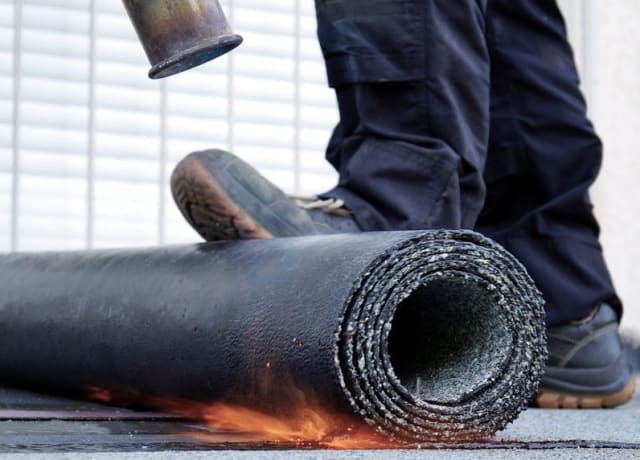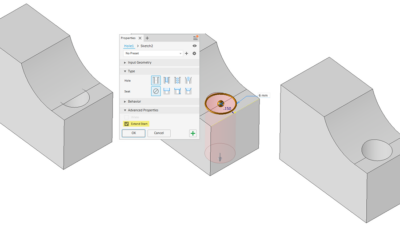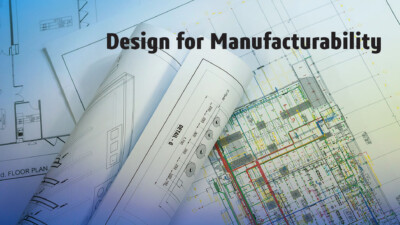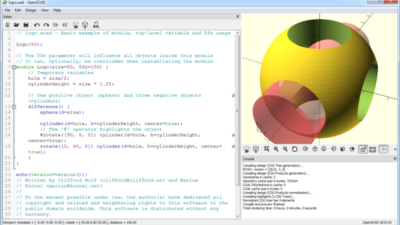To help streamline the entire procurement process, Power Design recently selected Kojo for its procure-to-pay platform.

The architecture, engineering and construction (AEC) industry is no stranger to facing consistent challenges. Among the many key pressing issues in recent years has been the soaring prices of materials, which have increased year over year. For Power Design, a national design-build contractor, a solution to counter those costs and ensure an efficient procurement system led the company to Kojo.
“We’ve been searching for a procure-to-pay system that can be easily adopted by our field teams while giving us accurate purchasing data,” said Joe Dydek, Power Design director of procurement. “We looked at all the big and small players out there, and Kojo really stood out for us. It is specifically built for the construction industry. Knowing exactly what we are purchasing could easily provide a large savings opportunity through better planning and strategic negotiations. Kojo is also set to help us dramatically reduce purchase order processing time, bring order and control to our purchasing operations, and help us to move faster as a company.”
Kojo, formerly Agora, was founded in 2020. The company’s product hit the market in 2020 and has expanded to serve various sectors in the construction industry, including concrete, drywall, flooring, mechanical, roofing and general contractors. Its SaaS software, focused on construction, helps companies manage procurement and inventory throughout the entire construction process. It connects the different teams, such as accounting and field workers, with an easy-to-use platform that uses real-time data at every stage.
For overall operations, a digitized management system works to protect a business’s bottom line by providing cost savings, enhancing planning and increasing efficiencies. Any material ordering is automatically tracked and integrated into reports, which are instantly available. This enables key stakeholders to have the right information at their fingertips to make better-informed decisions and minimize manual tasks.
Purchasing and accounting are also incorporated into the Kojo platform. As a purpose-built solution, it provides one-stop materials procurement and allows parties to easily request and compare vendor quotes as well as track orders, prices and warehouse inventory.
With that information already accurately available in the system, accounting personnel can take advantage of an upstream approach to orders. The automated Invoice Matching feature provides all the necessary details and highlights discrepancies, such as incorrect prices, and features an automated three-way match process so that users can compare and reconcile invoices.
“Invoicing errors are far too common in construction,” said Maria Davidson, Kojo founder and CEO. “Hundreds of companies have told us that billing mistakes have cost them tens, and in many cases, hundreds of thousands of dollars. At Kojo, our mission has always been to streamline processes for our customers so they can focus more on what’s really important—building. With Automated Invoice Matching, we’re able to give our customers full confidence they’re paying the right amount for what actually arrived.”
For people working in the field, miscommunication with the warehouse, tool discrepancies and more quickly lead to downtime that can have a long-lasting impact on a project. With Kojo, those working on the ground can submit a material request via the platform’s shopping cart, gain instant access to warehouse inventory, send a proof of delivery without added paperwork and get real-time insight into what tools are in use and who is using them.
Power Design, which has built a reputation as a construction leader when it comes to innovation and harnessing the latest technologies to improve every facet of a build, started using Kojo in September 2023. It expects to have all of its projects up and running with the platform by January 2024.
Interested in other ways digitalization is changing the AEC industry? Check out PDM and PLM: The Next Frontier for the AEC Industry and Why Construction Management Needs AI.



